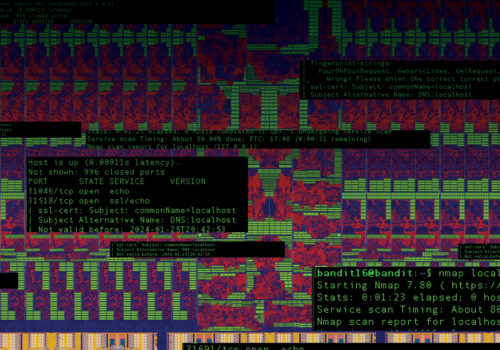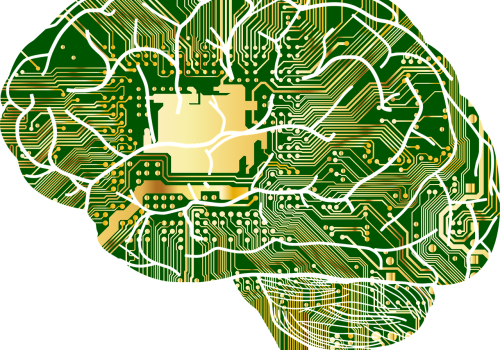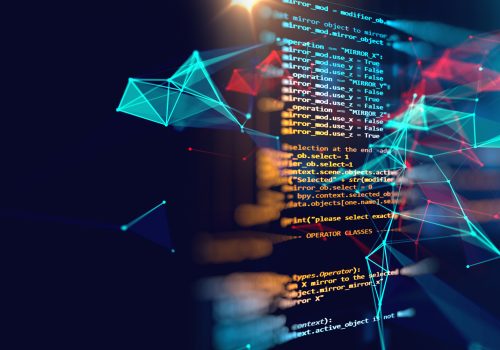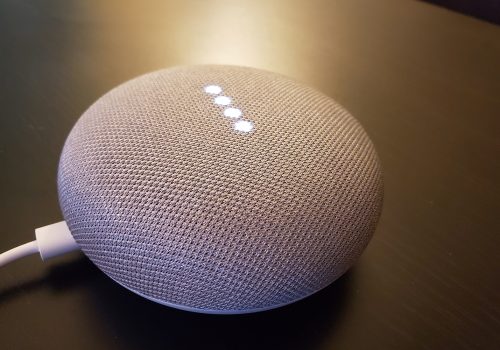Cybersecurity requires technically literate analyses of policy, its impact, and alternative approaches. The Cybersecurity, Strategy, and Policy program works to inform policymaking that will improve the security of technology systems and their users, covering topics from improved cybersecurity metrics and policy design to building more defensible cloud computing services and software supply chains.
Featured Content
Artificial Intelligence
Open Source Software
Publications
Events

The Atlantic Council’s Cyber Statecraft Initiative, part of the Atlantic Council Technology Programs, works at the nexus of geopolitics and cybersecurity to craft strategies to help shape the conduct of statecraft and to better inform and secure users of technology.

















